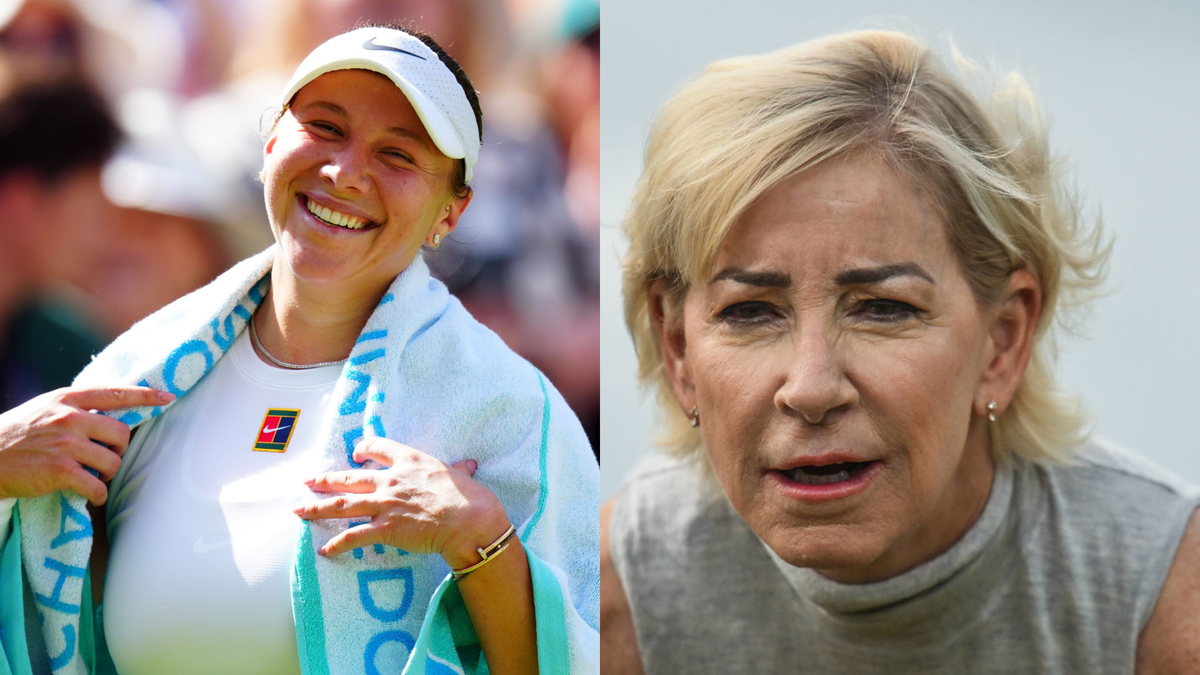
Imago
Image Credits: Imago

Imago
Image Credits: Imago
Amanda Anisimova happens to be one win away from stamping her name in the history of tennis, but not everyone is willing to describe it as a fairytale yet. On Thursday, the American 23-year-old stunned the Wimbledon crowd by upsetting the world No. 1 Aryna Sabalenka in the semifinal in three sets, 6-4, 4-6, 6-4. Anisimova produced fearsome, blistering tennis in the scorching Centre Court sun, out-gunning one of the most powerful hitters ever to play the game as she booked her place in her first-ever Wimbledon final. However, when fans and commentators went crazy over an exponential jolt of adrenaline, one voice of reason spoke up with a completely different tune.
Watch What’s Trending Now!
That voice was none other than tennis legend Chris Evert. As tributes poured in, Evert’s words, shared in a post that quickly made the rounds via tennis media on X, stood out for their honesty and edge. “Don’t celebrate too much, keep your energy in… Don’t think this is the finals,” she cautioned. It was vintage Evert, focused, unfiltered, and rooted in hard-won wisdom. Her point was clear: as impressive as the win was, this isn’t the moment to relax. The final is still to come, and that’s where legends are truly made. For someone like Anisimova, who’s had a long road back to the top after early-career hype and injury setbacks, the reminder was as necessary as it was sharp.
Now, with the title on the line, Amanda Anisimova awaits the winner of Iga Swiatek vs. Belinda Bencic. Swiatek, the No. 8 seed, brings a wall of consistency and mental steel, while Bencic, ranked No. 35, offers variety, flair, and experience. But Anisimova’s run is already part of a larger American tennis surge with Madison Keys winning the Australian Open and Coco Gauff capturing the French; she’s keeping hopes alive for a clean sweep of the women’s Grand Slams.
ADVERTISEMENT
"Don't celebrate too much, Keep your energy in…Don't think this is the finals." – Chris Evert on Anisimova big win over Sabalenka in the semifinal.
— TENNISMEDIA (@luciahoff) July 10, 2025
“This doesn’t feel real right now, honestly,” Anisimova said, beaming in her on-court interview. “Aryna is such a tough competitor and I was absolutely dying out there… To come out on top today and be in the final of Wimbledon is so incredibly special.” The heat may have hit 30°C, and Sabalenka may have shown great sportsmanship helping fans in distress, but when it came down to the pressure points, it was Anisimova who stayed cool enough to break through.
Now, all that stands between her and tennis immortality is one last, brutal test. But this moment wasn’t handed to her. For Amanda Anisimova, getting here has meant battling far more than just opponents, from personal loss to mental burnout, the road to Centre Court has been anything but easy.
ADVERTISEMENT
Amanda Anisimova went from rock bottom to a Wimbledon finalist
Before she was a Wimbledon finalist, Amanda Anisimova was a teenage prodigy burdened by talent. In 2019, at just 17, she stormed into the French Open semifinals, defeating defending champion Simona Halep with ease, and quickly rose into the world’s top 25. But just as her star was rising, tragedy struck. In the summer of 2019, her father and longtime coach, Konstantin Anisimov, died suddenly of a heart attack, just days before the US Open. It was a personal, as well as a career crisis, for this young American. Despite her effort to keep going, grief, pressure, and expectation finally overwhelmed her.
ADVERTISEMENT
In the following years, her condition declined, and she complained about injuries, dropped self-esteem, and solitude during the tour. After fighting with her anxiety and what she called emotional burnout, she decided to retire (an indefinite break) in 2023. She admitted that it was intolerable to attend tournaments. “I wasn’t enjoying anything about it anymore.”
Anisimova disappeared from tennis for months. She didn’t train, didn’t compete, didn’t even hold a racket. Instead, she traveled, spent time with her family, studied on campus for the first time, and tried to live a life that wasn’t tied to ranking points or match results.
Top Stories
Ben Shelton Apologizes After Fiery Smash Nearly Injures Opponent in Auckland
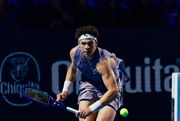
Jessica Pegula and Madison Keys Call Out Serena Williams’ Ex-Coach Over “Disrespectful” Comments on Tennis Icon
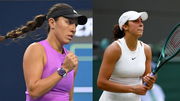
Novak Djokovic Raises Concern for Australian Open After Just 12 Minutes of Painful Practice
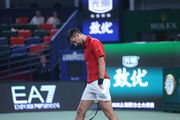
2x Grand Slam Champion’s Son Dumped Out of Australian Open Before Major Tournament Starts

Nishesh Basavareddy Turns Heads With ‘Choke’ Celebration After Rival’s Error at Australian Open
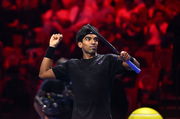
“It felt like I needed to find out who I was outside of tennis,” Amanda Anisimova later said. When the passion slowly returned, she did things differently. She rebuilt her training team, worked on fitness and mindset, and most importantly, began playing for herself. Since returning, she’s been on a quiet but powerful resurgence, winning the biggest title of her career at the WTA 1000 event in Doha and re-entering the top 10. And now, after her stunning 6-4, 4-6, 6-4 Wimbledon semifinal win over world No. 1 Aryna Sabalenka, she’s back on the sport’s biggest stage.
ADVERTISEMENT
ADVERTISEMENT
ADVERTISEMENT
ADVERTISEMENT

